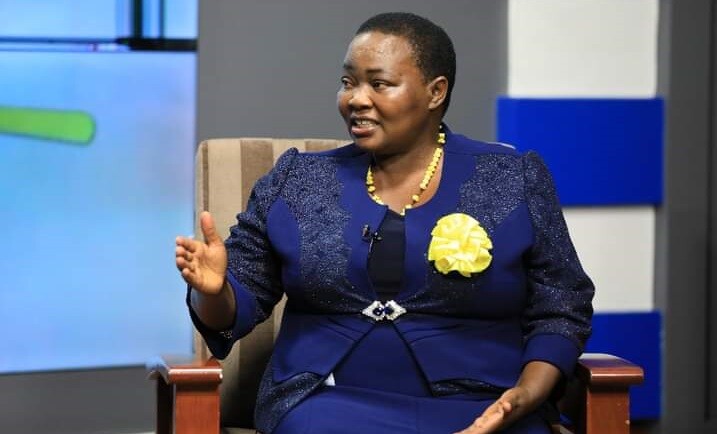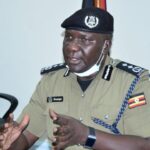The Prime Minister and Leader of Government Business in Parliament, Robinah Nabbanja, has informed legislators that Uganda’s education sector is on course in rolling out the new lower secondary school curriculum when schools reopen in January 2022.
“Government has recruited and deployed 1,598 staff in the newly completed seed secondary schools under the Uganda Inter-governmental Fiscal Transfers Programme. The recruitment of the remaining 1,409 posts has also commenced and will be completed in this financial year 2021/2022,” said Nabbanja.
According to the premier, staffing and purchase of instructional materials are key areas in ensuring effective implementation of the new curriculum.
Institutions of learning across Uganda have been closed since March 2020, following a directive by President Yoweri Museveni, in a bid to curb the spread of Covid-19.
She explained that Government has also identified Shs45.8 billion that will support recruitment of 3,594 teaching and non-teaching staff over a two-year period.
Nabbanja said that instructional materials for the lower secondary curriculum, that is, senior one and senior two, have been procured and will be delivered by end of January 2022, whereas the procurement of materials for senior three and senior four is ongoing.
The Prime Minister was responding to queries by Bukomansimbi Woman MP Hon. Veronica Nanyondo on whether Government has the structural and financial readiness to implement the new curriculum and whether stakeholders were involved in its formulation.
The Premier responded saying that Government through the National Curriculum Development Center made wide consultations during the formulation of the new lower secondary curriculum.
She added that a new Teacher Education programme to equip teachers with relevant competencies needed to deliver on the curriculum has been developed, and that funds have been provided in the 2021/2022 budget to retool 20,000 teachers of senior one and senior two.
“A training strategy was developed for retooling the in-service teachers on the new curriculum and this will continue in the subsequent years. To date, a total of 30,000 teachers out of the projected 50,000 in both government and private schools, have been retooled,” Nabbanja said.
The Prime Minister also told the House that each of the 6,000 secondary schools, both government and private, had received copies of the new syllabus.
![]()
























